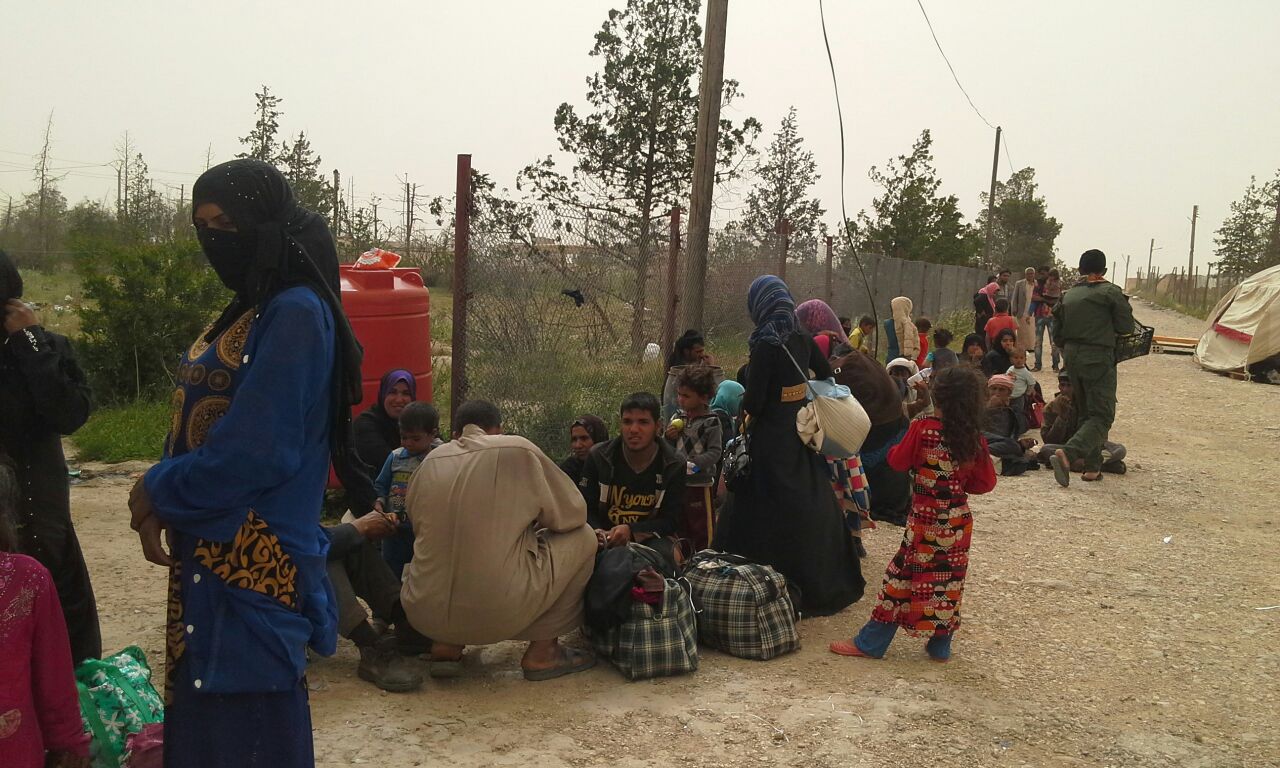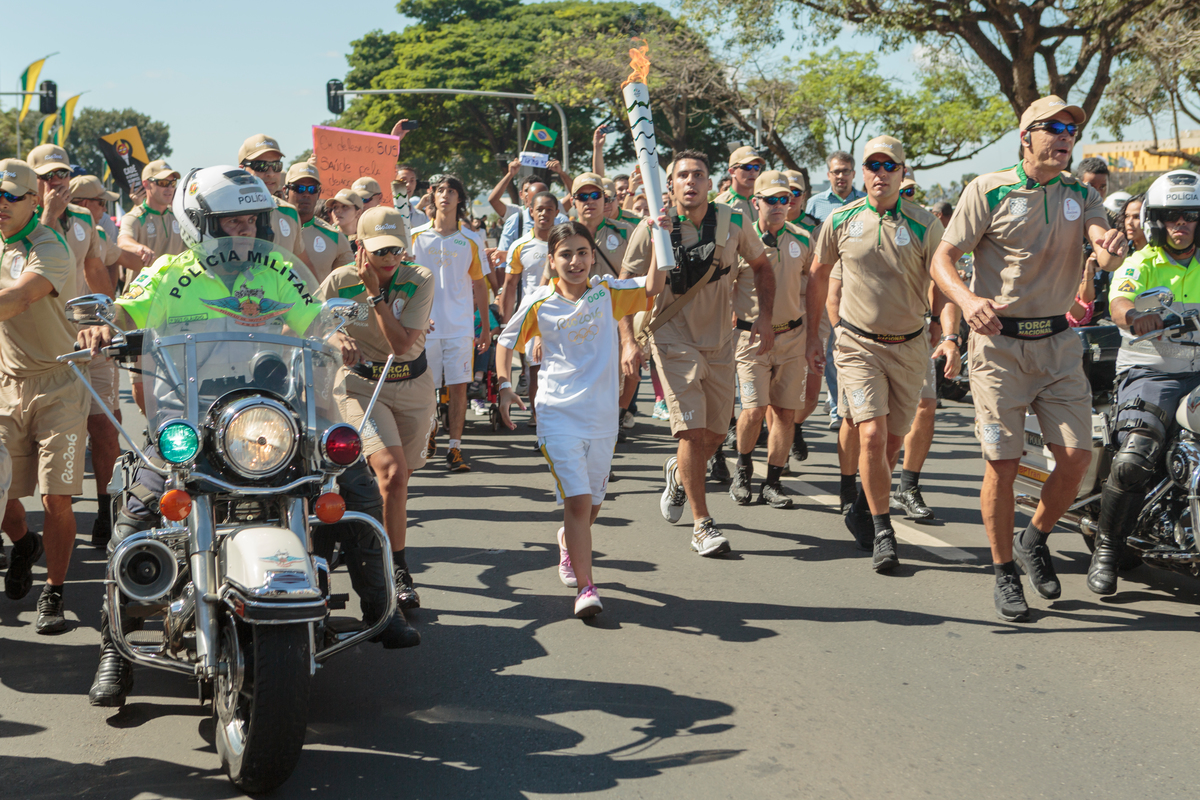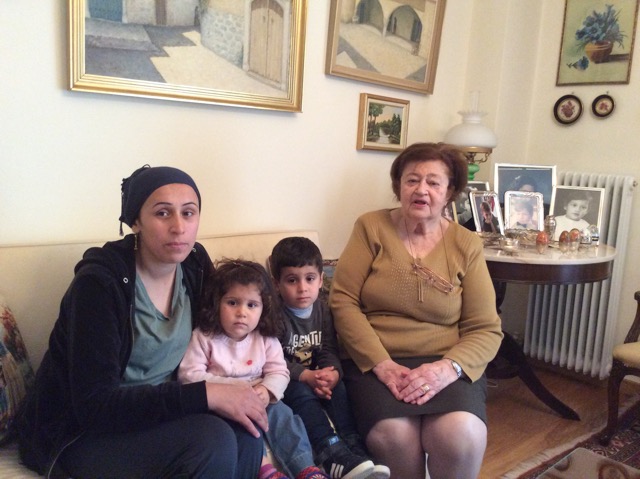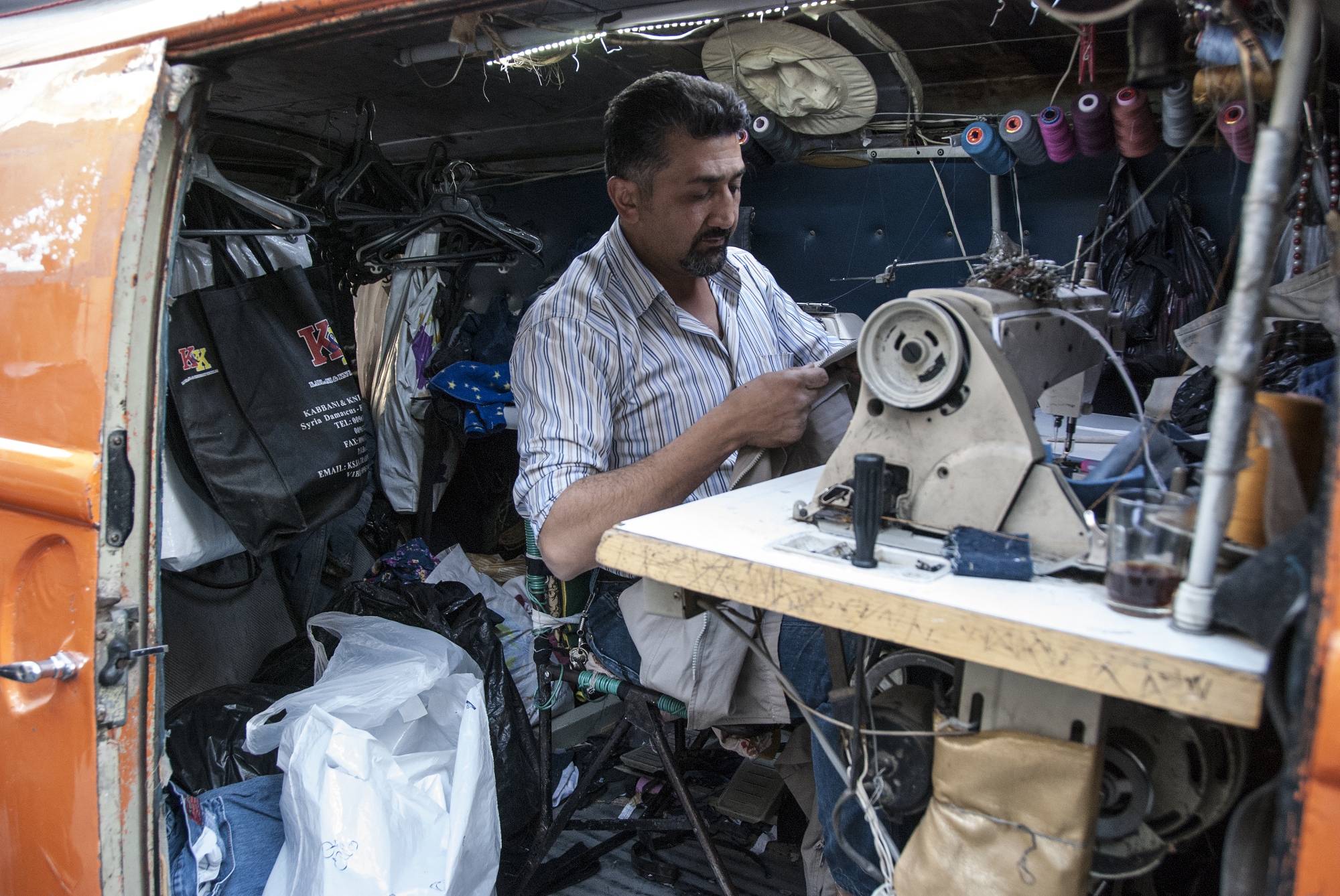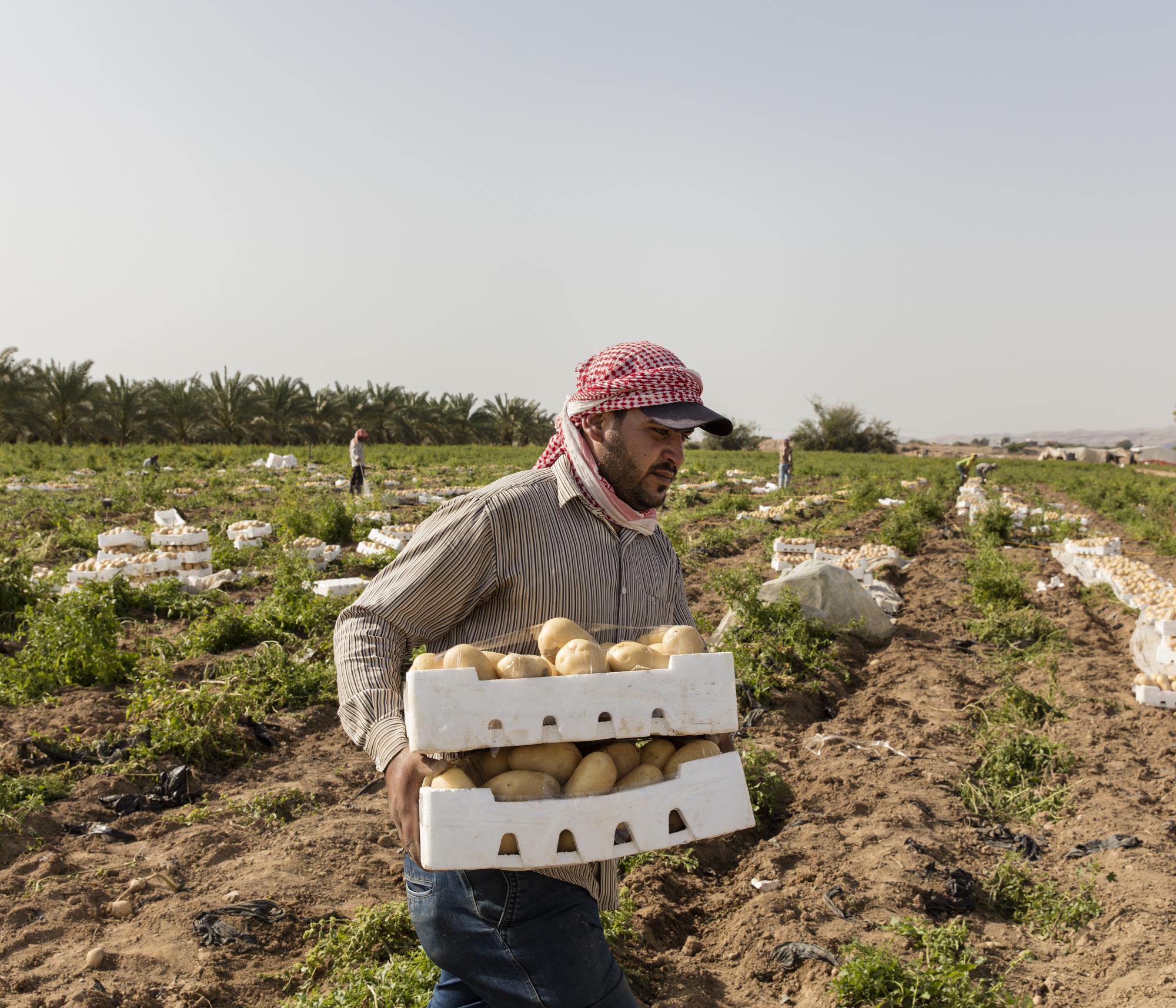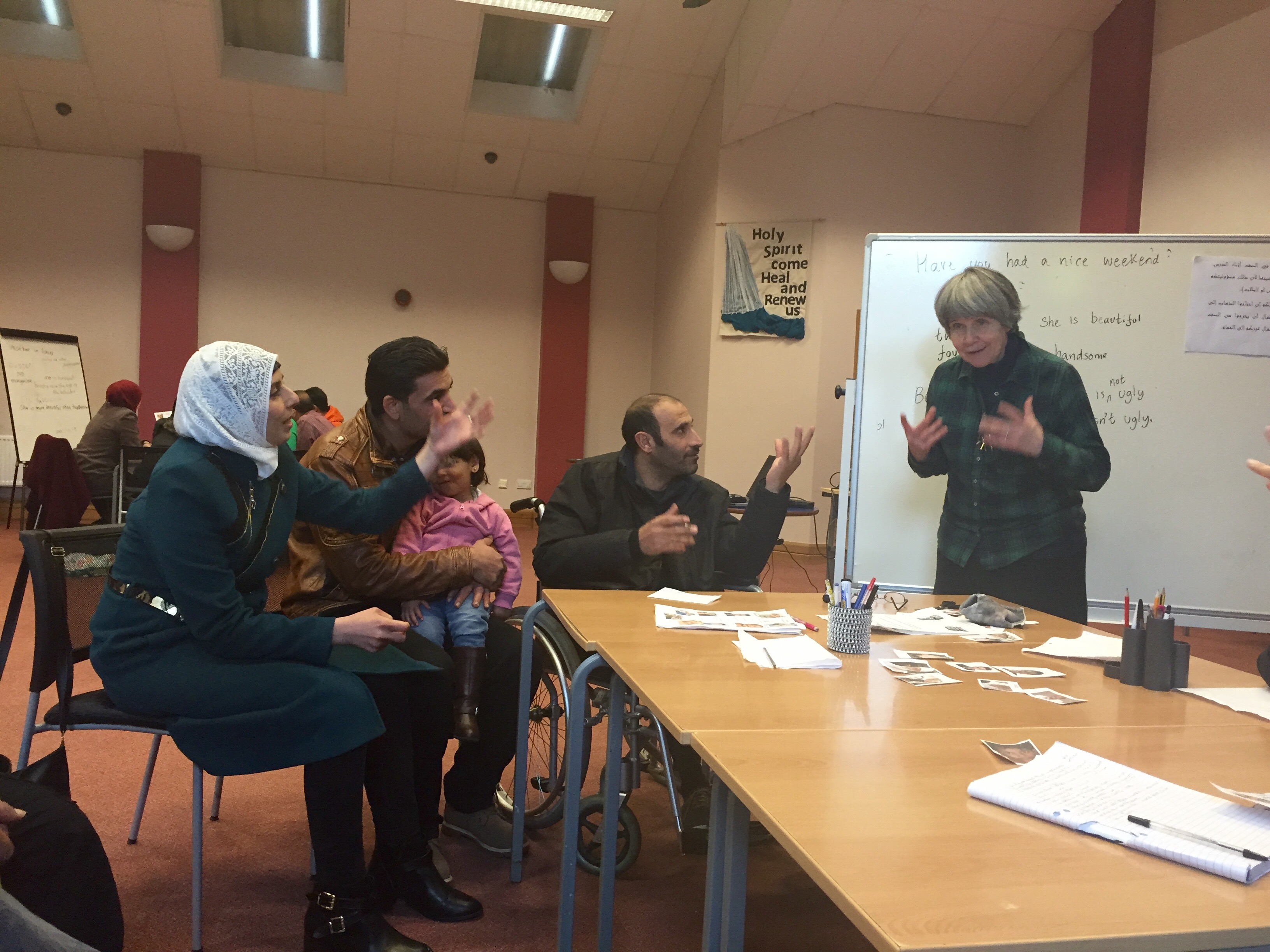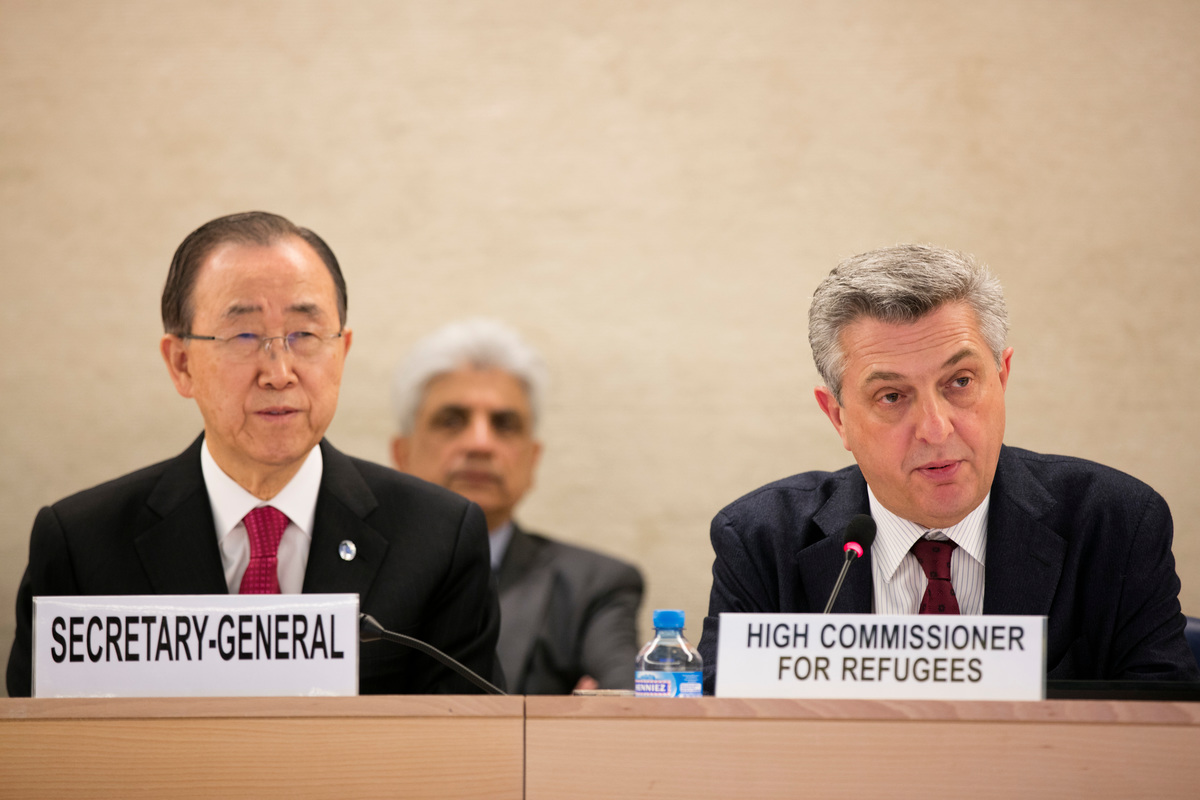UNHCR renews appeal for safe passage of humanitarian convoys in Syria
UNHCR renews appeal for safe passage of humanitarian convoys in Syria
UNHCR is today reiterating its appeal to all parties to ensure safe passage for convoys delivering humanitarian aid to civilians inside Syria. In the current security environment, several convoys have had to be cancelled or delayed. This is depriving many Syrians of vitally needed help.
According to the UN's latest estimates, at least 3.6 million people are internally displaced in Syria. UNHCR is working with government and non-government parties to see that aid gets through, however right now assistance is only reaching a fraction of those in need.
Despite the security difficulties, UNHCR has been working to scale up its operations. Since the start of 2013 we have had aid deliveries to Deir Ezzor, Daraa, Ar Raqqah, Idlib, and Hama. Last year, we added to our existing presences in Damascus, Aleppo and Al Hasakeh with new facilities in Al Nabak and Homs. This has brought us closer to many of the centres of concentration of displaced and affected populations.
Currently, our goal is to deliver relief items to at least 1 million people by June 2013, and we hope to reach many more people in the months after that. As of 20 March, we had delivered relief items to over 437,000 people in some of the most affected provinces, including Aleppo, Al Hassakeh, Ar-Raqqah, Damascus, Daraa, Deir Ezzor, Hama and Idlib.
The aid includes bedding, shelter, household items and clothes. The items were delivered directly by UNHCR or by local NGOs and the Syrian Arab Red Crescent (SARC). Four convoys, one of which was carried out together with other UN agencies, have taken place to the north since the beginning of the year. The most recent delivery went from Damascus to Tal Abiyad in Ar Raqqah province. Seven trucks loaded with 130 tons of aid arrived on 18 March. The trucks were organized by SARC. The World Food Programme also sent four trucks with 5000 food baskets.
Financial assistance remains an important priority in Syria. Last year we gave financial support to 14,607 families in Damascus, Al Hassakeh and Al Nabek. This year 6,400 families have received financial assistance in Damascus. Plans to expand the programme to Homs have been delayed because of insecurity, but we hope to begin the programme in the coming weeks.
The working arrangement is that the Office for the Coordination of Humanitarian Affairs (OCHA) coordinates relief efforts inside Syria. UNHCR leads three sectors: distribution of household items; shelter support (including renovation of shelters, provision of tents and shelter materials); and community services (including home visits, running community centres and manning hotlines). We participate in three other groups: education, health, and water and sanitation.
The 70,000 refugees from Iraq, Afghanistan and Somalia still living in Syria are facing the same hardship and dangers as their Syrian hosts. UNHCR remains committed to assisting and protecting this vulnerable population, many of whom have limited coping mechanisms, particularly as they lose access to jobs and are displaced due to the conflict.
UNHCR has received reports of threats against refugees and abductions. An Afghan refugee was killed when a mortar shell hit his home. Refugee children are particularly vulnerable, some suffering psychosocial issues with many having dropped out of school. Assistance includes financial support, and help with access to healthcare. Resettlement for refugees, including from Iraq, Palestinians from Iraq, Somalia, and Afghanistan is a top priority for those that cannot consider going home.
At least 76,000 Iraqi nationals have returned home since the beginning of the conflict in Syria despite the fact that for many, the conditions back home are far from ideal. Upon arrival in Iraq and registration with the authorities, UNHCR provides returnees with household items and one-time cash assistance of US$400 per family and US$200 for singles. By the end of January 2013, 3,116 households (18,815 persons) had benefited from this assistance since November of 2012.
Statistics:
Across the surrounding region, 1,180, 652 Syrians have either registered as refugees or are being assisted as such.
LEBANON as of 22 March - 376,547 (Registered / Pending registration: 240,763 / 135,784)
JORDAN as of 24 March - 370,391 (Registered / Pending registration: 315,435 / 54,956)
TURKEY based on Government of Turkey figures as of 20 March - 261,635
The Government of Turkey has begun the registration of Syrian refugees living in urban areas. To date, 40,954 Syrian refugees have been registered in urban areas in addition to 189,681 registered in camps (total registered: 230,635). Some 31,000 further Syrians are awaiting registration in urban areas.
IRAQ as of 24 March - 118,213
EGYPT as of 24 March - 45,604 (Registered / Pending registration: 25,604 / 20,000)
North Africa as of 28 February - 8,262
For further information on this topic, please contact:
- In Beirut: Reem Alsalem on mobile + 961 71 911 388
- In Geneva: Melissa Fleming on mobile +41 79 557 9122
- Adrian Edwards on mobile: +41 79 557 9120
- Sybella Wilkes on mobile +41 79 557 9138

